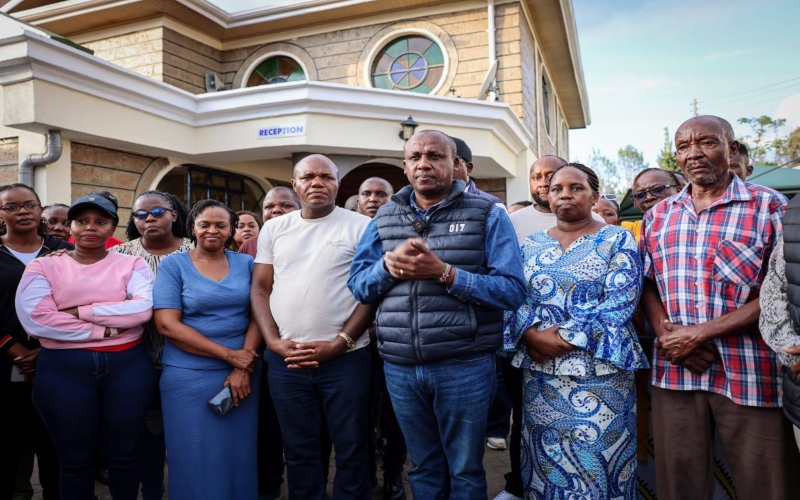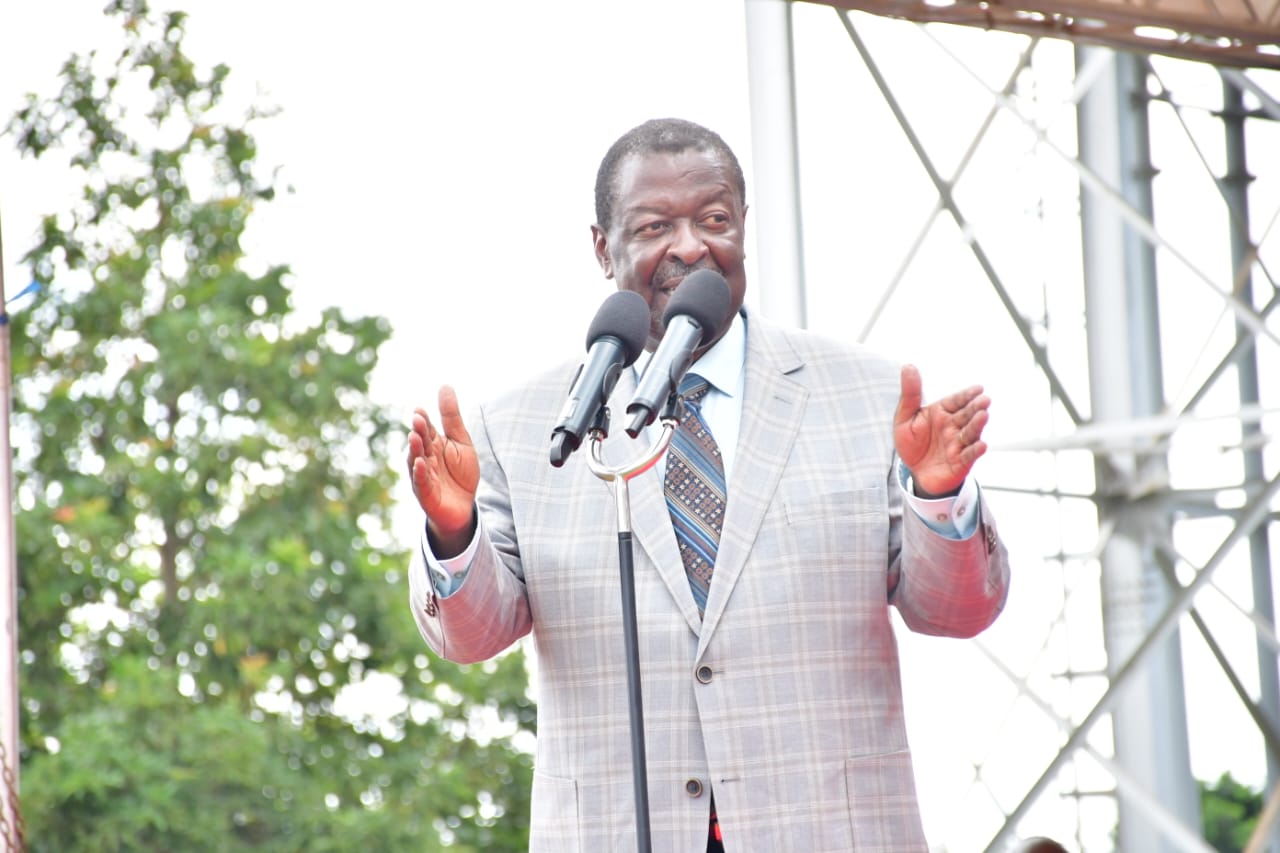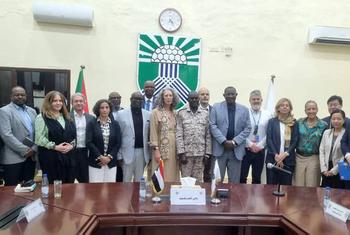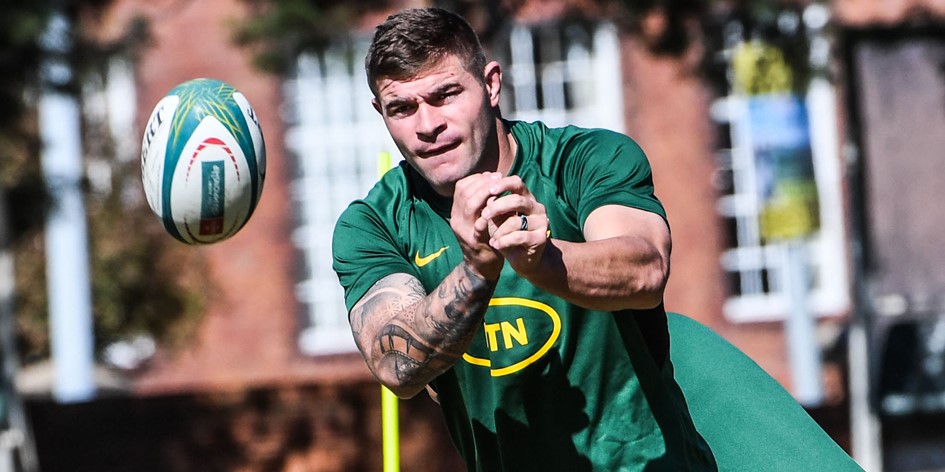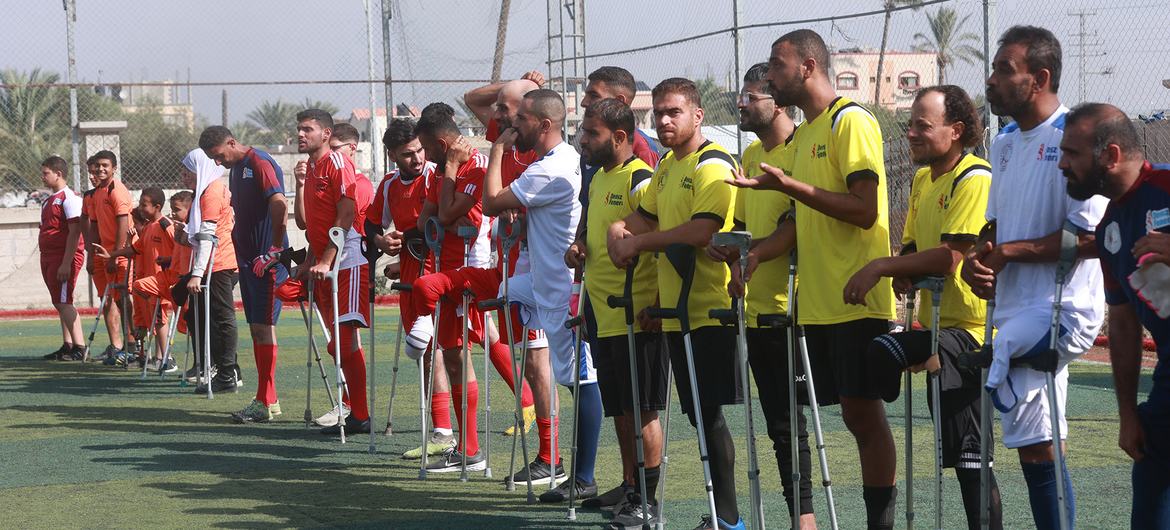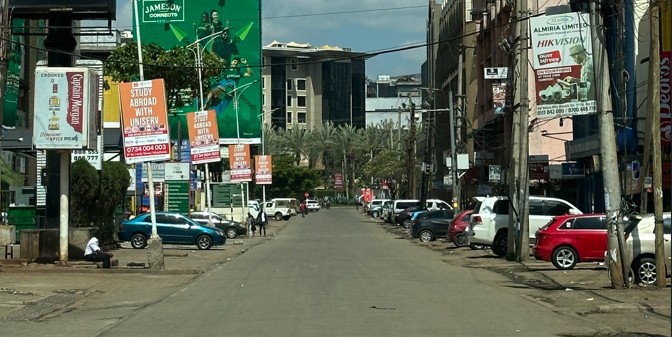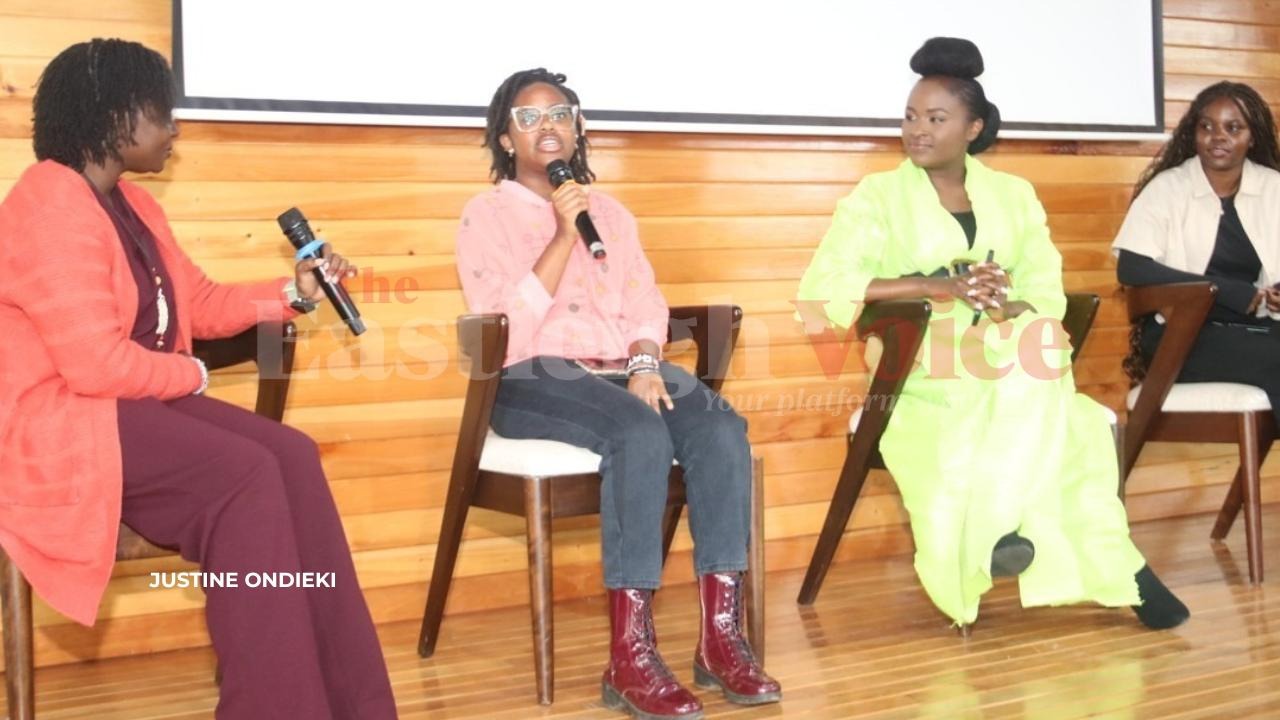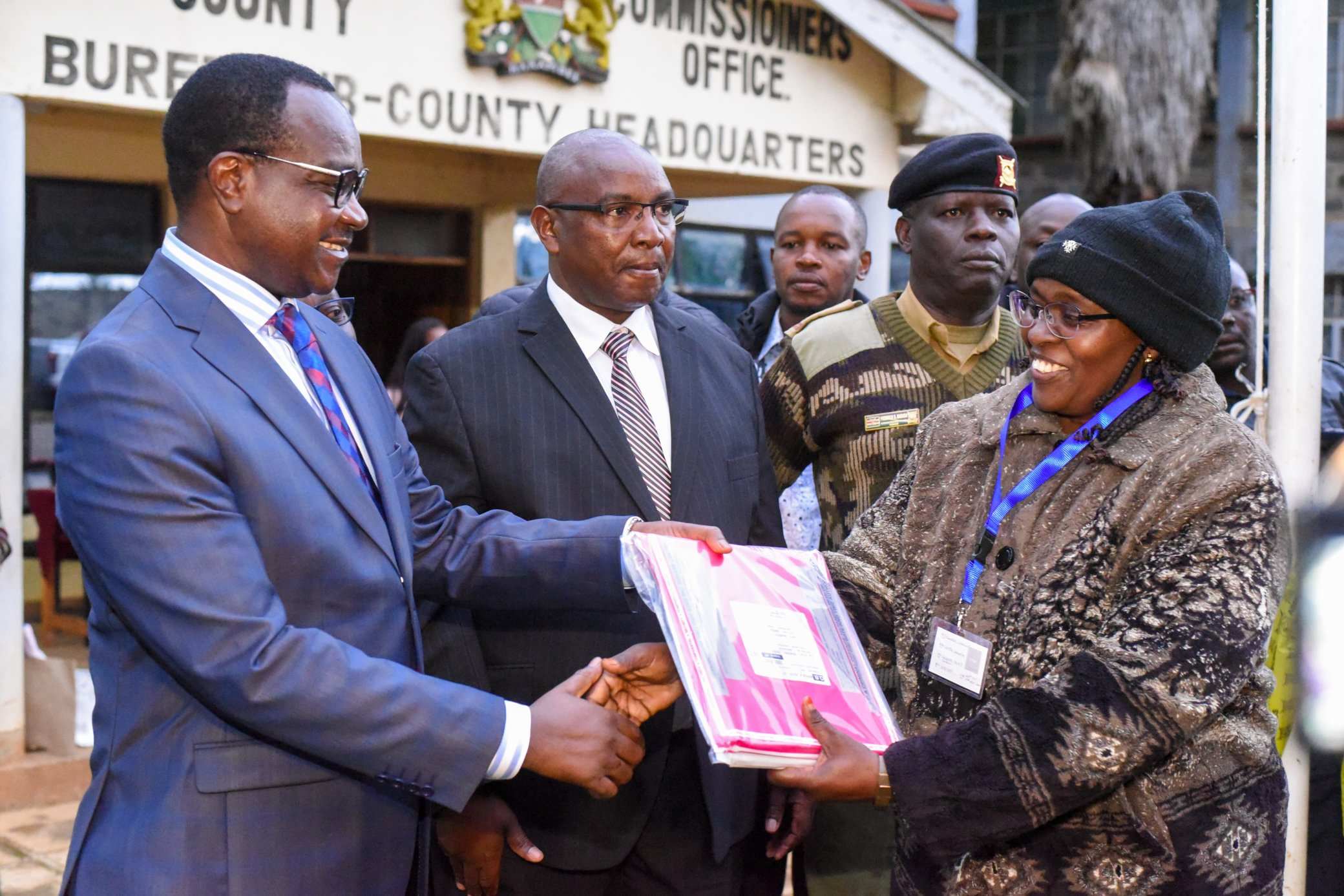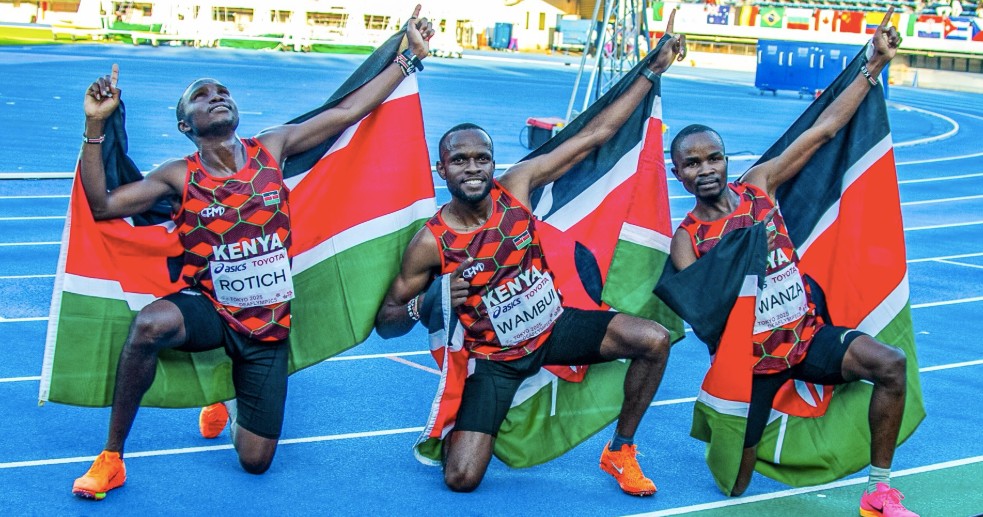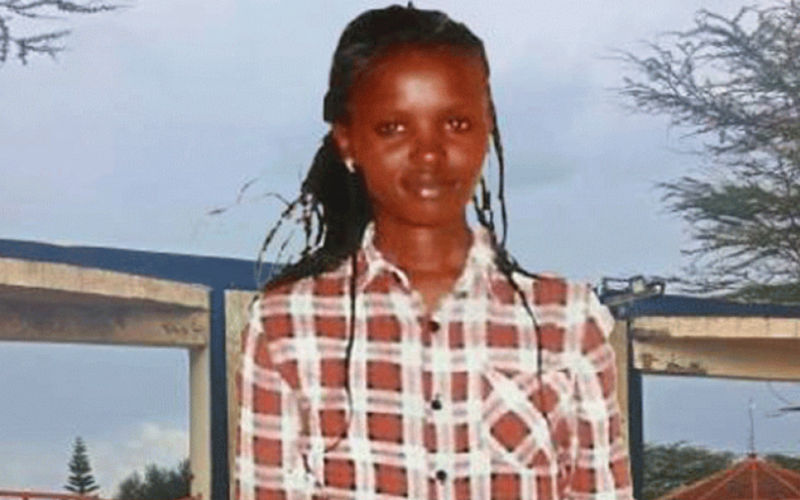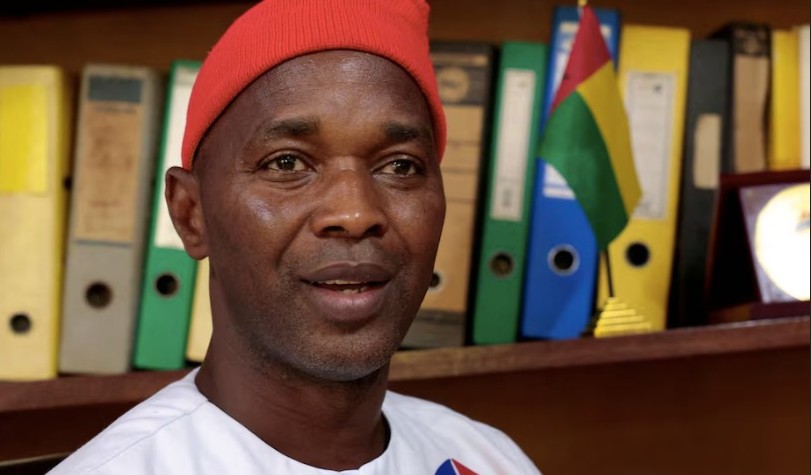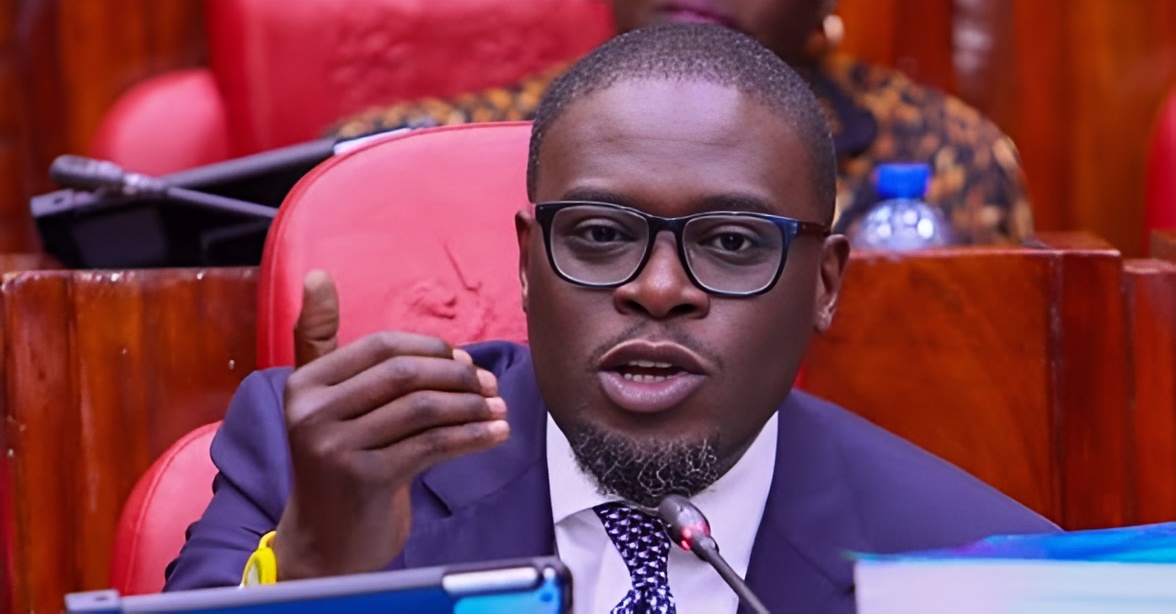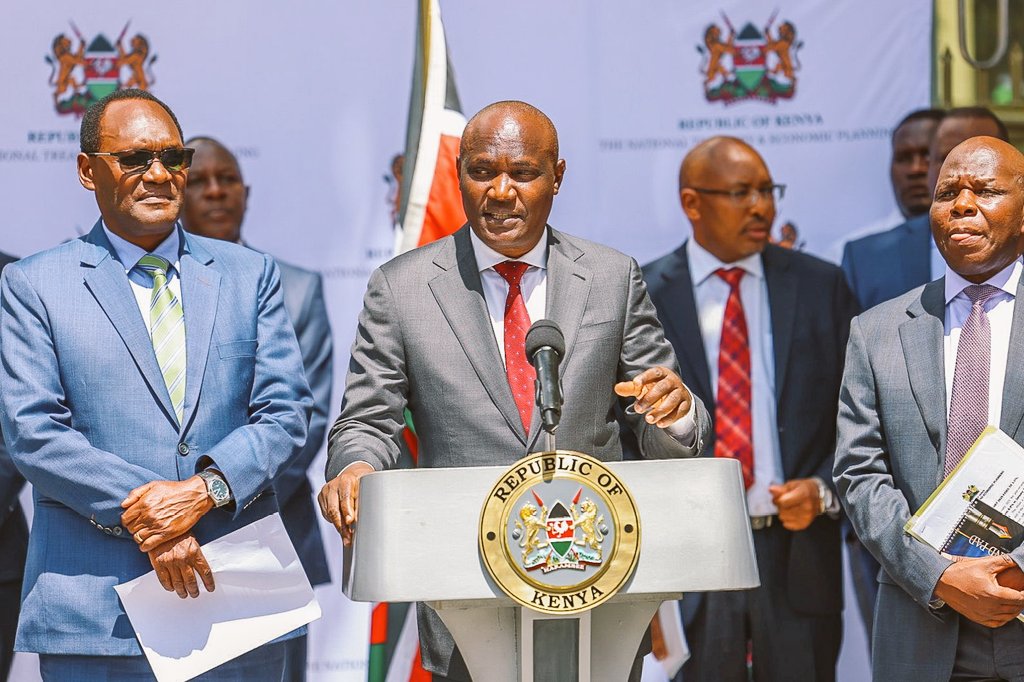Girls in vulnerable communities at risk as state slashes budget for sanitary towels, anti-FGM programmes
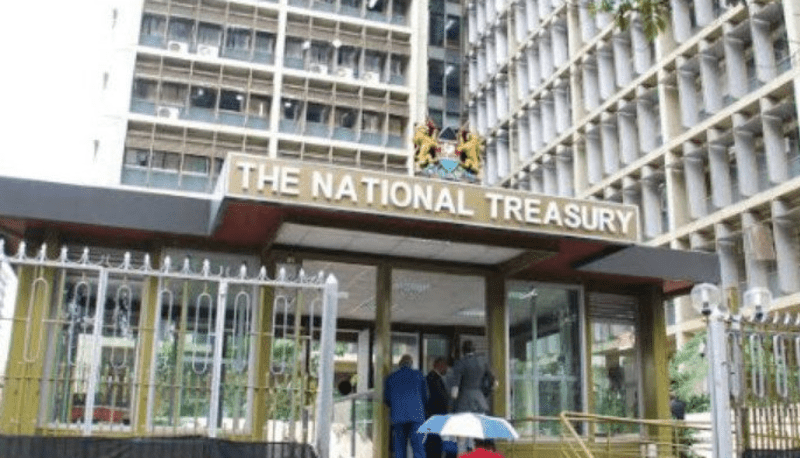
According to the Social Protection department, the funds have been reduced from Sh1.044 billion to Sh940 million for the 2025/2026 financial year.
The provision of sanitary towels for schoolgirls from vulnerable backgrounds is at risk following the slashing of the National Government Affirmative Action Fund (NGAAF) budget by Sh104 million.
According to the Social Protection department, the funds have been reduced from Sh1.044 billion to Sh940 million for the 2025/2026 financial year, part of a wider push by the Cabinet for ministries, departments and agencies to operate with leaner budgets.
More To Read
- Stakeholders warn of increased FGM cases in Wajir during long school holiday
- Gender CS Cheptumo calls for collective action against teenage pregnancies
- From silence to strength: The Kenyan women ending FGM and early marriages
- Nowhere to run: How girls escaping harm still find themselves in unsafe spaces
- Male circumcision is made easier by a clever South African invention - we trained healthcare workers to use it
- Unmasked: The truth behind child marriages
The budget cuts, revealed in papers presented to Parliament by Social Protection Principal Secretary Anne Wang’ombe, have sparked outrage among women representatives who rely on the fund to carry out critical interventions, including the distribution of sanitary towels.
“The estimates tabled before this committee differ significantly with the State Department allocation as per the 2025 BPS Ceiling, affecting the NGAAF, Women Enterprise Fund (WEF) and Anti-Female Genital Mutilation Board (AFGM),” Wang’ombe said in her submissions to MPs.
Nairobi Woman Representative Esther Passaris raised concerns over the consistent budget reductions, warning that they threaten a programme credited with keeping many vulnerable girls in school.
“The seat for Women's Representatives is an affirmative seat that deals with the most vulnerable in the country, and this back-and-forth in the budget cap is hurting us in achieving their constitutional mandate,” she told MPs.
Passaris also raised concerns over delayed legislation that would require the government to provide sanitary towels in schools, hospitals, and churches.
She called for constitutional amendments to protect the future of NGAAF and suggested the consolidation of affirmative action funds, which are currently spread across multiple ministries, including finance, education, gender and social protection.
“We want it created in a way that it will ensure that Women's Representatives coordinate the provision of sanitary towels and ensure women receive free, sufficient, and quality products,” she said.
She proposed a structure similar to the National Government Constituencies Development Fund (NG-CDF).
“I feel that we need to structure NGAAF in the same manner that NG-CDF is structured. Women leaders are struggling to justify why their money should not be cut when the money should be increased,” she added.
“It’s very embarrassing that I can provide condoms but can’t provide sanitary towels to thousands of vulnerable girls in 17 constituencies within Nairobi County.”
Tana River Woman Representative Amina Abdullahi Dika lamented the dire situation, noting that for the financial year ending in June, they have not received even a single shilling for sanitary towels.
“It is painful to note that for this financial year ending June, we’ve not received even a single coin for sanitary towels, yet everyone out here knows that women representatives are the ones who are supposed to be giving sanitary towels,” she said.
Thika Town MP Alice Ng’ang’a, who chairs the committee overseeing the fund, faulted the budget process and said it had left her unable to effectively represent women MPs in the House.
“As the chair of this committee, you make me look very bad on the floor of the house when women raise issues regarding sanitary towels and budget capitation when I was supposed to be the one defending them at the budget level,” she told ministry officials.
“When it comes to matters related to do with sanitary towels, agree with them before you take any action this time.”
The impact of the cuts extends beyond the provision of sanitary towels. Programmes aimed at combating FGM have seen their allocation reduced from Sh216.92 million to Sh186 million.
According to PS Wang’ombe, the shortfall has been absorbed by mandatory expenses such as salaries and rent. The reduction is already affecting anti-FGM campaigns in high-prevalence counties including Mt. Kenya, Narok, Kajiado, Samburu and Migori.
Likewise, gender-based violence prevention efforts are also suffering, with stakeholders warning that reduced funding is already being felt on the ground, where rising cases are being reported with little to no government support.
Top Stories Today
